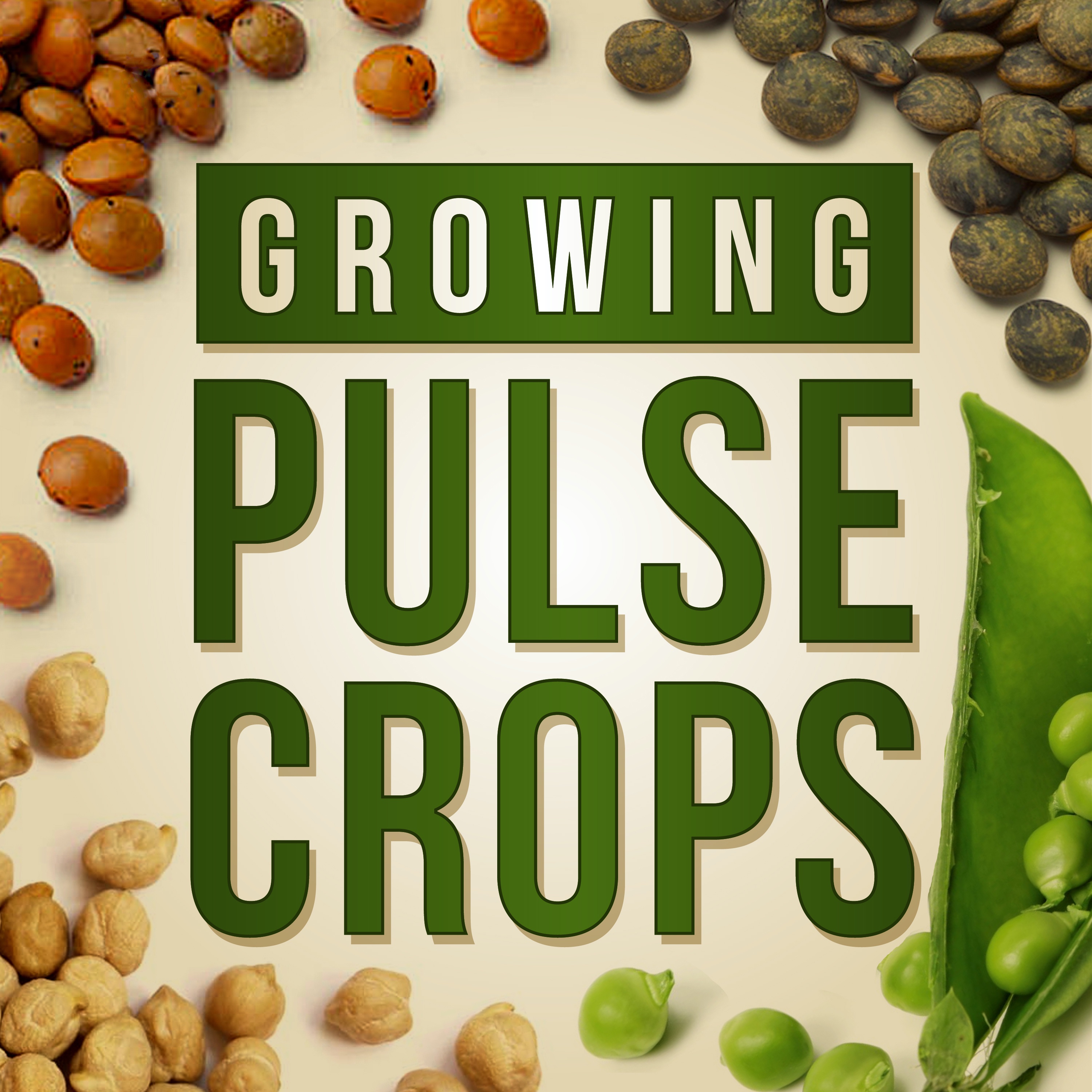Faba Bean Production With Greg Stamp
Greg Stamp is the seed sales manager at Stamp Seeds, which he runs with his two brothers, Matthew and Nathan. Stamp Seeds grows and processes retail pedigreed seed for about 60 different crops based out of Enchant, Alberta. Included in that long list of crops are some pulses like peas, chickpeas, lentils, and our subject for today’s episode, faba beans. Greg shares all things faba beans including markets, varieties, agronomic practices, pest and disease considerations, harvesting and more.
“ The market I think where there's some value is domestic. It's the people that are fractionating and it's the trend, you know, what's the next new hot protein? Past peas, it's faba beans… They're higher protein than peas and so that's why they want to use them. And then they have a different taste and flavor profile and fractionation. So that's why they're going that way. And so you're going to see more and more of them used in food products as time goes on.” - Greg Stamp
This Week on Growing Pulse Crops:
- Meet Greg Stamp, the seed sales manager at Stamp Seeds
- Discover all things faba beans including markets, varieties, agronomic practices and more.
- Explore unique techniques for pest management of faba beans
- Listen to referenced guest Chuck Penner discuss drivers of supply and demand for pulse crops
- Review integrated pest management with Dr. Hector Carcamo from a previous episode
- Visit Stampseeds.com to learn more about faba beans
Growing Pulse Crops is produced by Dr. Audrey Kalil and hosted by Tim Hammerich of the Future of Agriculture Podcast.

